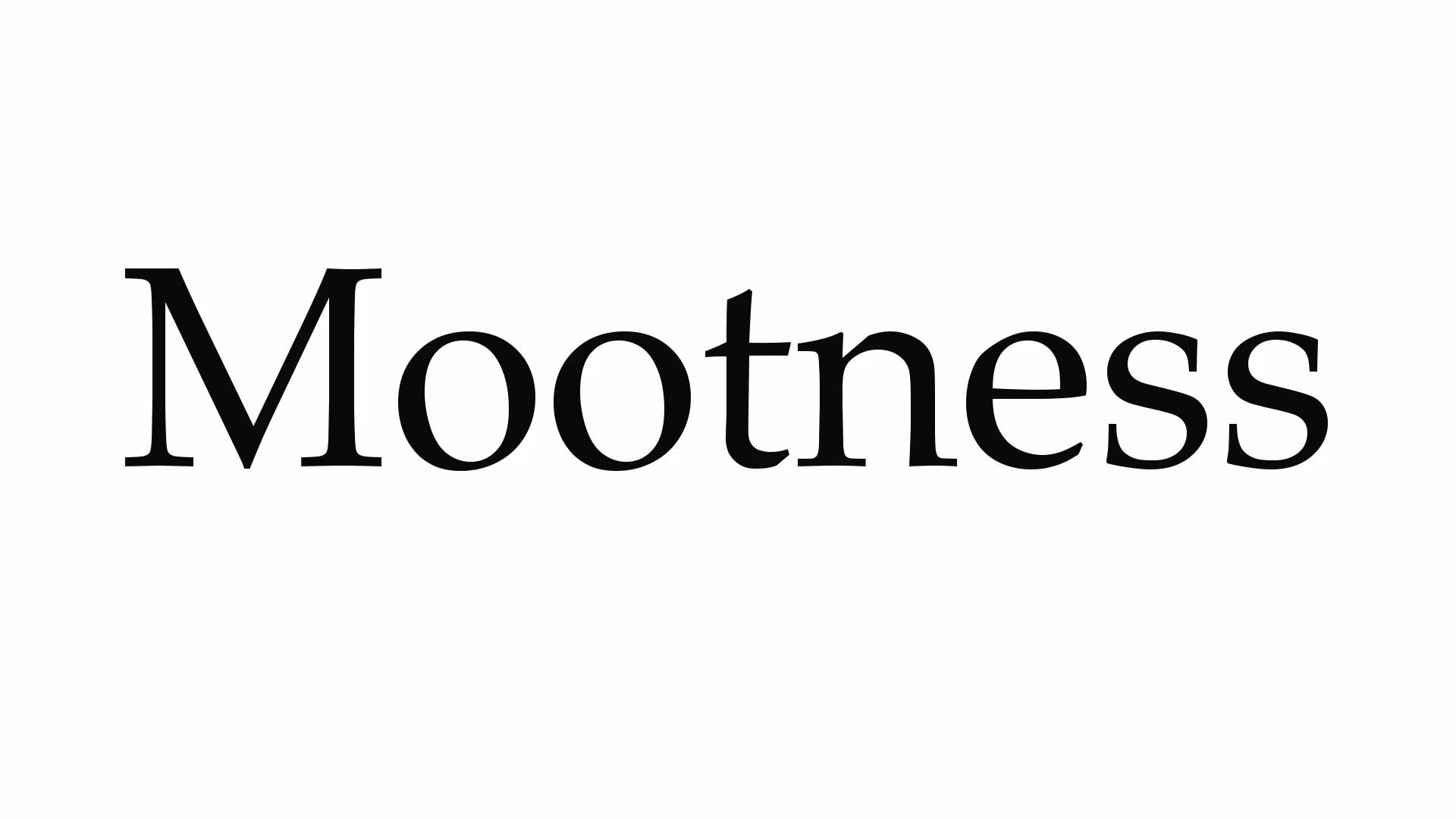

Daniel Blynn,
Venable, LLC
Note: Venable LLP Associate Samuel D. Boro and Christopher Boone also contributed to this article.
The Supreme Court wrestled with a thorny question on October 14, 2015 when it heard oral argument in Campbell-Ewald Co. v. Gomez, a case that we previewed previously. The transcript of the oral argument is available here.
The facts in Campbell-Ewald are straightforward. The plaintiff sued Campbell-Ewald, a U.S. Navy contractor hired to provide “multimedia recruiting campaign” services, under the Telephone Consumer Protection Act (“TCPA”) after he received an unsolicited text message from Campbell-Ewald in 2006. Campbell-Ewald admitted fault and, pursuant to Fed. R. Civ. P. 68, offered a full settlement of $1,503 to the plaintiff, slightly more than three times the maximum award allowed under the TCPA. But, there is a wrinkle – the plaintiff refused the offer of judgment. That brings us to the Supreme Court, which is considering the following question: “Does a case become moot when a plaintiff receives an offer of complete relief for his claim?”
At oral argument, the justices were split along ideological lines, with the liberal justices siding with the plaintiffs and the conservatives siding with Campbell-Ewald. The conservative justices focused on judicial economy and practicality, emphasizing the lack of adversity arguably resulting in no need for judicial involvement because the plaintiff has been offered everything to which he or she could possibly be entitled. On the other side, the liberal wing took issue with the premise that Campbell-Ewald’s offer was for complete relief, pointing out that the plaintiff also asked for his attorneys’ fees. In response, Justice Scalia noted, “I suppose he could ask for the key to Fort Knox, right? If it’s a frivolous claim, I don’t see why the Court can’t dispose of that initially in connection with the mootness.”
It all may come down to Justice Kennedy as the deciding vote as he found issues with the arguments from both sides. For example, he pushed back against Campbell-Ewald’s position, stating “a settlement offer and a settlement contract . . . are different from a judgment, and you do not have a judgment . . . and if you want us to write an opinion and say, oh, well, a settlement offer is the same as a judgment – that just doesn’t equate with the Federal Rules of Civil Procedure.” But, Kennedy also appeared troubled by whether Article III adversity would exist following an offer of full relief: “there has to be adversity. . . . And if $10,000 is in the bank and [the plaintiff has] been injured in the sum of $10,000, there’s no adversity.” Justice Breyer offered a potential solution to that issue by suggesting that, if a plaintiff will not accept an offer of complete relief, the defendant could deposit the money with the court and have the court issue a judgment stating that the case is over. But, Kennedy’s hypothetical reflected an additional procedural wrinkle that could affect the outcome of the case. Campbell-Ewald may have offered complete relief, but it did not tender the money to the court. Kennedy emphasized this distinction by asking, “[s]uppose one day after the offer, the defendant defaulted. Would a case that was once moot now become non-moot?” In short, without Breyer’s potential depository solution, a defendant offering full relief could default on its offer if the money is not deposited in the court, leaving the plaintiff with no satisfaction or resolution.
The oral argument closed with two groups of opposing justices set in their opinions regarding whether an offer of judgment for complete relief moots a case or not. The middle ground, proffered by Justice Kennedy and possibly supported by Justice Breyer, remains unresolved. Observers are left with uncertainty as to how the Court will rule. The question remains whether the Court can provide a mechanism for a defendant to concede liability and end litigation, while still providing a mechanism for cases to proceed where permitting an offer of judgment would not provide complete relief to the plaintiff.
The outcome of this case could have significant implications for TCPA class actions and other cases seeking statutory damages. If the Court agrees with Campbell-Ewald, then defendants will be able to moot putative TCPA class actions by offering the plaintiff full relief. Such a conclusion would serve as an important check on the expansive interpretation of the TCPA made by the FCC in its July 2015 omnibus order and the associated proliferation of TCPA complaint filings in the wake of that order (our most recent list of TCPA case filings is available here). The Court, alternatively, could side with the plaintiff and hold that such an offer, if unaccepted, does not moot a case, which may make it more difficult in certain jurisdictions to obtain early resolution of TCPA class actions.
The Supreme Court Takes Another Look at Mootness Following an Offer of Judgment in TCPA Class Litigation
http://www.insidearm.com/daily/debt-collection-news/accounts-receivables-management/the-supreme-court-takes-another-look-at-mootness-following-an-offer-of-judgment-in-tcpa-class-litigation/
http://www.insidearm.com/feed
insideARM













